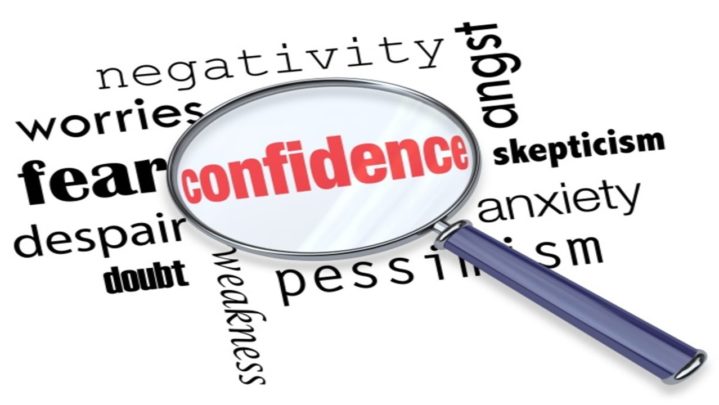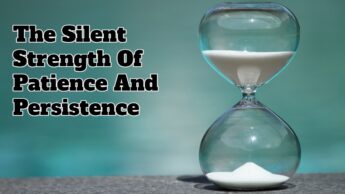Confidence is responsible for a lot of changes in our lives. Be it in a good way or bad, but self-confidence always has a part in some way. From the sinking of TITANIC due to the overconfidence of its creators to Steve Wozniak not having enough faith in Apple and giving up most of his stocks and losing millions today. There are many more examples of how confidence plays a key role in almost everything. But how do you know exactly how much self-confidence is good or what is the limit? If you carry too much you will become overconfident and if you lack confidence you will never take positive risks or believe in yourself. Here are some tips that will help you balance your confidence level: –
To be confident –
- Be clear and understandable when you speak. Go slow if you need to be.
- Maintain eye contact when you are presenting or explaining something. Try not to depend more on the notes and speak yourself.
- Maintain your posture correctly. Stand straight and tall without taking any external support.
- Greet everyone appropriately. Use proper designations to address reputable persons in the audience.
- Face everyone with a smile. Don’t go on the stage with a sad face, it gives a bad impression.
- Dress decently with a classy hairstyle. Don’t try anything funky or stylish. Dress as formal as you can to sound more genuine.
- Keep a positive attitude and always try to find alternate solutions to every problem. Always believe that every problem has a solution.
- Only care about your own business. Do not meddle in someone else’s life unnecessarily. You will only end up taking unrequired stress and end up losing confidence.
Avoiding overconfidence. –
- Keep your main focus on learning and not competing. If you push yourself unnecessarily you will gain nothing and fail.
- Be honest and clear to yourself. Agree with yourself whether you can actually complete the task or whether you are just blatantly saying it.
- Avoid letting your ego drive you. You may hate losing but do not attempt unless you are qualified enough.
- You should never compare yourself with others. Just because someone can throw the ball a longer distance doesn’t mean you have to try it too. They have worked hard and practised; you should do that too before attempting.
- Test yourself and know your limits. Whatever the task or competition is, try it at home first. You will understand how good or bad you are at the task and compete accordingly. If you ignorantly fight a stronger opponent you will only lose.
- Deal with your failures effectively. Don’t let the past mistakes make you regretful and distract your focus. Learn from the mistakes and use them to be cautious.





